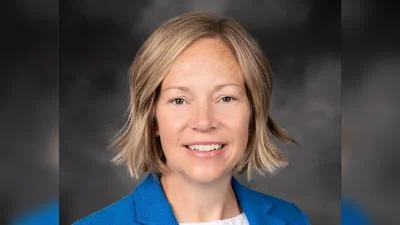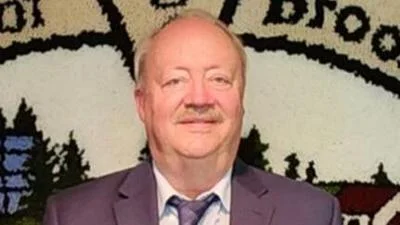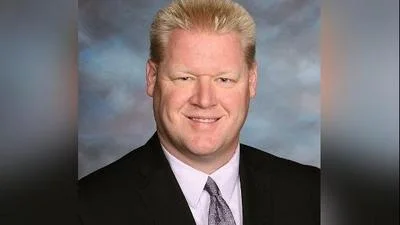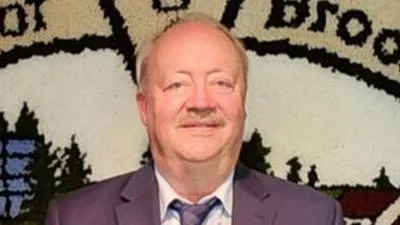Jim Piwowarczyk, Wisconsin State Representative for 98th District | www.facebook.com
Jim Piwowarczyk, Wisconsin State Representative for 98th District | www.facebook.com
According to the Wisconsin State Legislature's official website, the bill was described as follows: "residency requirements for persons circulating nomination papers or recall petitions".
The following is our breakdown, based on the actual bill text, and may include interpretation to clarify its provisions.
In essence, this bill amends the requirements for individuals circulating nomination papers and recall petitions in Wisconsin. Under the new regulations, only individuals eligible to vote in Wisconsin can circulate nomination papers for most state offices or collect signatures for recall petitions. However, for presidential and vice-presidential candidates, the papers can still be circulated by any U.S. citizen aged 18 or older who would not be disqualified from voting in Wisconsin if they were a resident. Additionally, the bill specifies that circulators must certify that they personally obtained each signature and are aware of their liability under law for any falsification. These measures aim to tighten voter eligibility criteria and enhance the integrity of the nominating and recall processes.
The bill was co-authored by Senator Van H. Wanggaard (Republican-21st District), Representative Robert Brooks (Republican-59th District), Representative Barbara Dittrich (Republican-99th District), Representative Cindi Duchow (Republican-97th District), Representative Rick Gundrum (Republican-58th District). It was co-sponsored by Senator Howard L. Marklein (Republican-17th District), Senator Romaine Robert Quinn (Republican-25th District), and Senator Cory Tomczyk (Republican-29th District), along 11 other co-sponsors.
Jim Piwowarczyk has co-authored or authored another 58 bills since the beginning of the 2025 session, with none of them being enacted.
Piwowarczyk, a Republican, was elected to the Wisconsin State Assembly in 2025 to represent the state's 98th Assembly district, replacing previous state representative Adam Neylon.
In Wisconsin, the legislative process starts when a senator, constituent, group, or agency proposes an idea for a bill. After drafting, the bill is introduced, numbered, and referred to a committee for review and public input. If approved, it moves through three readings and votes in both the Senate and Assembly. Once both chambers pass the same version, the bill goes to the governor, who can sign it, veto it, or let it become law without a signature. Only a small share of bills introduced each session ultimately become law. You can learn more about the Wisconsin legislative process here.
| Bill Number | Date Introduced | Short Description |
|---|---|---|
| AB223 | 04/23/2025 | Residency requirements for persons circulating nomination papers or recall petitions |
| AB191 | 04/15/2025 | Requiring a subpoena to a law enforcement officer or tribal law enforcement officer served in official capacity to be served at the officer’s work address |
| AB165 | 04/08/2025 | Local guaranteed income programs |
| AB157 | 04/02/2025 | Prohibiting filing or recording contracts for services or materials that do not improve real estate and providing a penalty. (FE) |
| AB124 | 03/11/2025 | Prohibiting persons who have been convicted of a violent crime from changing their name and providing a penalty |
| AB60 | 02/24/2025 | Referendum questions for certain referenda that affect property taxes. (FE) |
| AB24 | 02/12/2025 | County sheriff assistance with certain federal immigration functions. (FE) |






 Alerts Sign-up
Alerts Sign-up